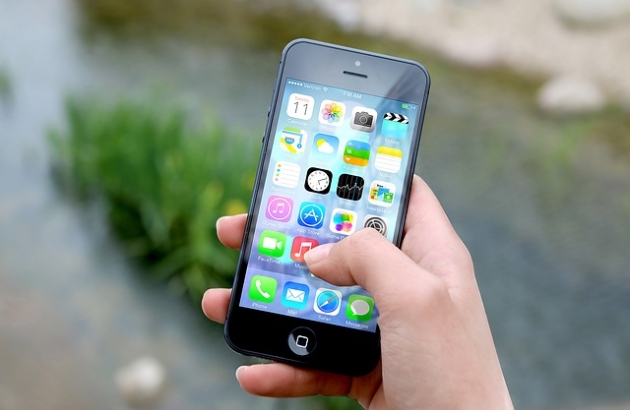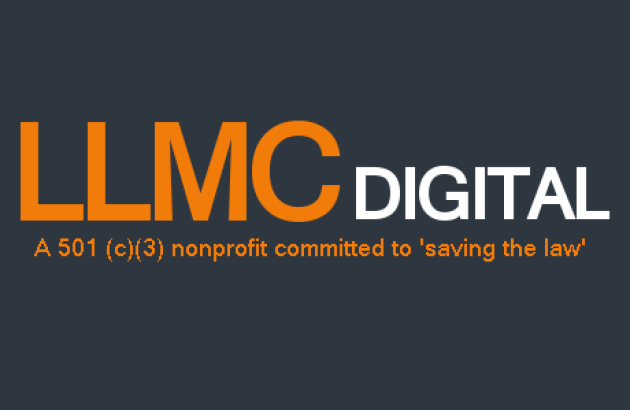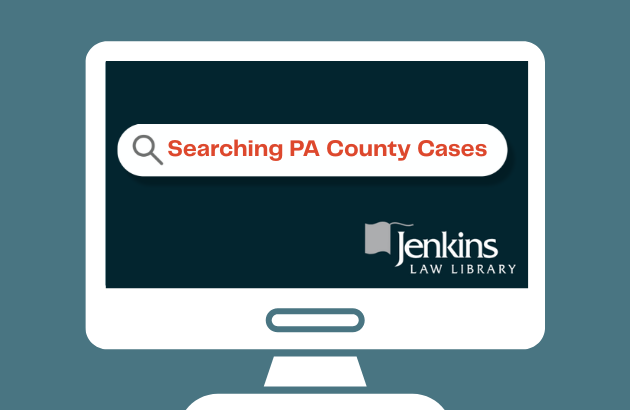Blog
Antitrust Law: Apple, Inc. v. Pepper et al.
The Supreme Court has allowed an antitrust lawsuit filed by iPhone owners to proceed against Apple with a decision on Apple, Inc v. Pepper. The outcome of the case may issue a setback to Apple and other tech companies who run online marketplaces.
A lawsuit filed in a US District Court in California (Case No.:11–cv–06714–YGR) alleged that Apple has monopolized the iPhone app marketplace with their App Store by requiring users to purchase apps through the store at an inflated price, created by Apple’s commission structure.
Apple’s defense was that independent developers create the apps and then contract with Apple to sell the them via the store. After paying a $99 annual fee, developers can list their apps on the App Store and set their own retail price. Apple takes a 30% commission. Apple claimed that because developers were setting the retail price, iPhone users were purchasing the apps from the developers and were not customers of Apple. They supported their argument with the Supreme Court decision in Illinois Brick Co. v. Illinois, which stated that indirect purchasers were unable to bring suits forward. The District Court agreed, but the 9th Circuit reversed and remanded. The case was then appealed to the Supreme Court. A majority of Supreme Court Justices disagreed with Apple’s stance that customers were indirect purchasers, affirming the judgment of the 9th Circuit Court. Justice Kavanaugh stated, “It is undisputed that the iPhone owners bought the apps directly from Apple. Therefore, under Illinois Brick, the iPhone owners were direct purchasers who may sue Apple for alleged monopolization" (p.4).
Working on an antitrust case? Check out a few of the antitrust treatises available at Jenkins: Antitrust Law by Phillip Areeda and Herbert Hovenkamp, and Antitrust Laws and Trade Regulation by Julian O. Von Kalinowski, Peter Sullivan, and Maureen McGuirl.
Have questions about these titles or other resources in our collection? Ask us!




